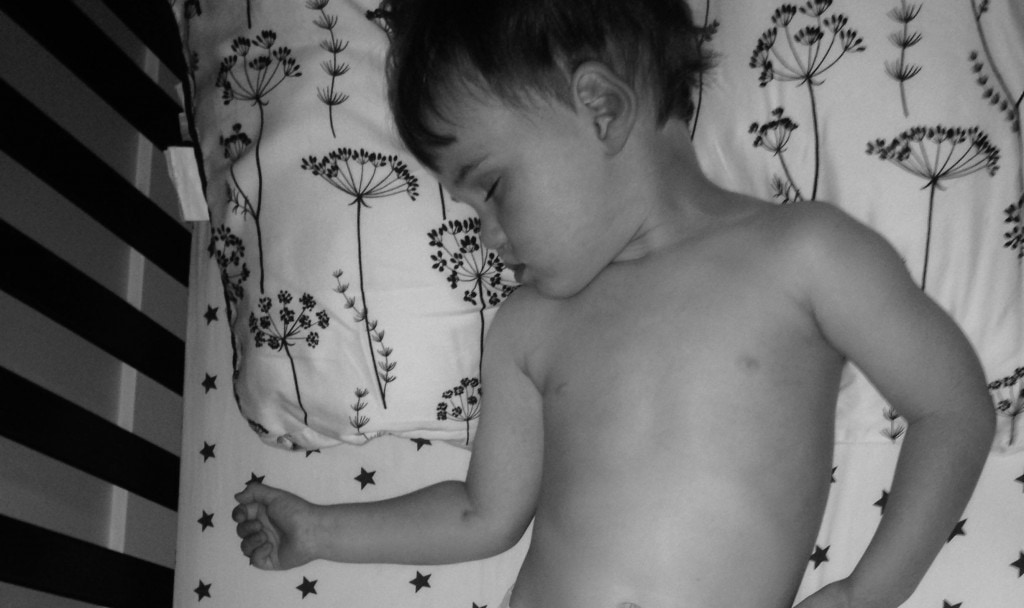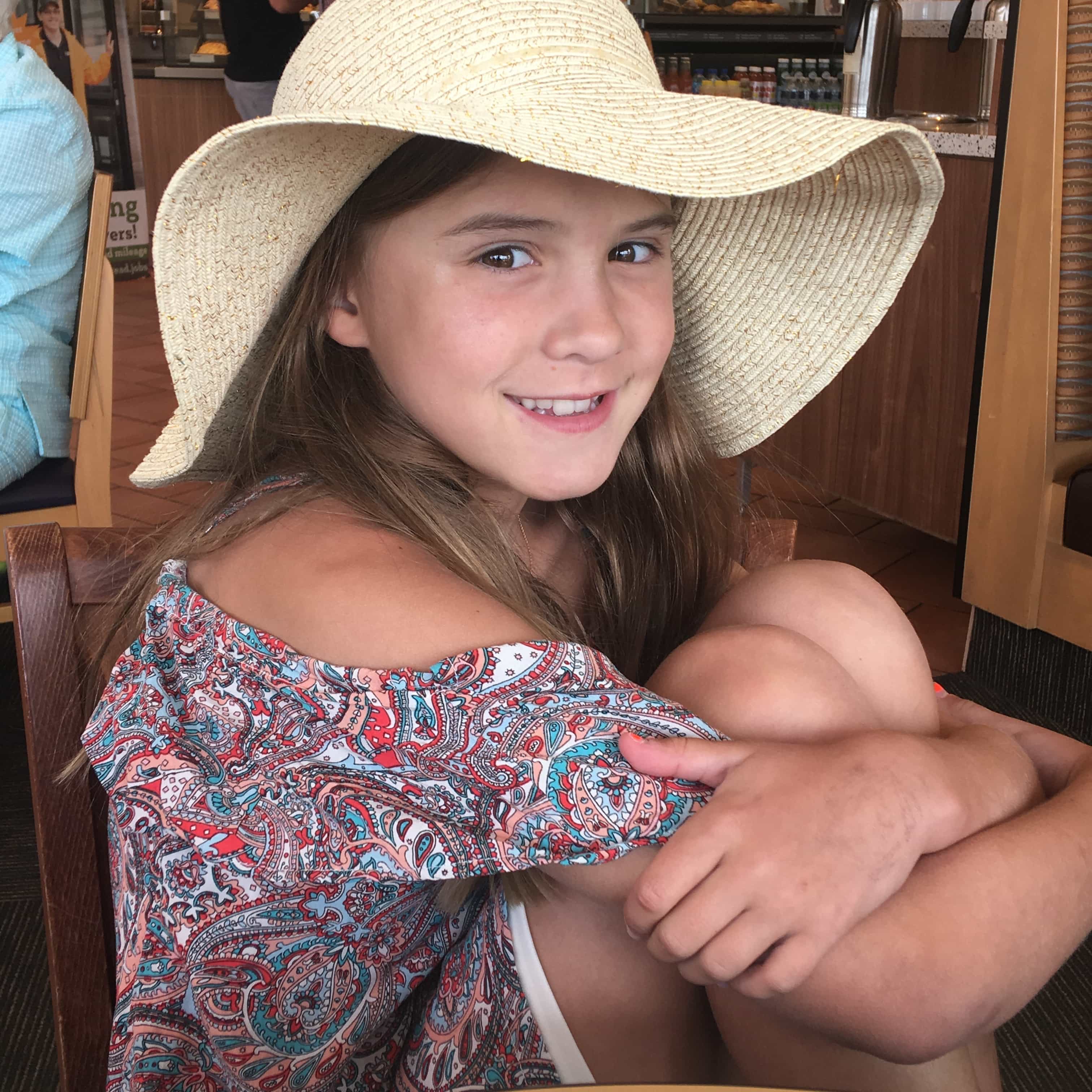 I really didn’t think this would be happening already, but my son Luke, who just turned 4 in December, is dropping his nap. My 7 year old daughter, Meghan, who was never as big of a napper as Luke and dropped down to 2 and 1 nap earlier than him, didn’t stop napping until 4 1/2. I thought for sure we had at least until summer for me to enjoy his afternoon nap time. Nope. Just when you think you have this parenting thing figured out, it throws you a curve ball.
I really didn’t think this would be happening already, but my son Luke, who just turned 4 in December, is dropping his nap. My 7 year old daughter, Meghan, who was never as big of a napper as Luke and dropped down to 2 and 1 nap earlier than him, didn’t stop napping until 4 1/2. I thought for sure we had at least until summer for me to enjoy his afternoon nap time. Nope. Just when you think you have this parenting thing figured out, it throws you a curve ball.
Since I’m right in the thick of it, I thought I’d write about how you know your child is ready to drop a nap. There are tell-tale signs that he’s ready, and more signs that tell you he’s not ready, even if he says he is.
5 Signs Your Child is Ready to Stop Napping
#1 He genuinely doesn’t seem tired at nap time.
Many toddlers or preschoolers will say they aren’t tired, even when it’s clear they are. Don’t take your child’s word for it, but keep a close eye on how he’s acting. If your child seems energized and isn’t slowing down around nap time, it’s a sign he may be ready to drop the nap.
#2 He has trouble falling asleep at night.
This is often one of the first signs that it’s time to drop the nap. If your child naps in the afternoon and then has trouble falling asleep at night, he may be getting too much sleep during the day. You can first try to limit the nap time. Try cutting it back in 30 minute increments until your child can easily fall asleep at night again. If that doesn’t work, the nap may need to be cut all together.
#3 He starts randomly skipping naps.
If you put your child down for his nap, but he never falls asleep, it’s a sign he’s not tired enough to sleep and is ready to start dropping his nap. Keep in mind that skipping a nap one time does not mean he’s ready to drop the nap immediately. Sometimes it’s just a short phase and your child will go back to napping regularly. When your child starts consistently skipping 4 or more naps per week, it’s a good sign he’s ready to drop the nap.
#4 When he doesn’t nap, he makes it to bedtime just fine.
When a child isn’t ready to drop his nap, he gets cranky and difficult to deal with when he doesn’t get his nap. If your child has no problem making it to bedtime, he’s probably ready to drop his nap.
#5 He starts waking up earlier in the morning.
If your child is still napping and starts waking up earlier in the morning, it may be because he’s waking when his body has enough sleep. Cutting back the time of the nap or dropping the nap all together can help with early morning waking.
Beware! Waking early in the morning can also be a sign of overtiredness and he may need an earlier bedtime. Use your judgement according to how much overall sleep he’s getting, keeping in mind that toddlers and preschoolers need between 11-14 hours of total sleep each day.
3 Signs Your Child is NOT Ready to Stop Napping
#1 His behavior is undesirable.
Poor behavior is often a telltale sign your child isn’t getting enough sleep or is tired. If it’s close to nap time and your child is acting like a bear, he most likely needs that nap.
#2 When he skips a nap, he is unable to make it to bedtime easily.
Whether your child is so sleepy he can’t keep his eyes open at 5pm, or he’s acting cranky and fussy, these are signs he’s not ready to stop napping.
#3 He falls asleep at random times or in random places.
If your child won’t nap, but then falls asleep while eating a snack or in the middle of doing a puzzle, he needs the nap.
How To Make the Transition to Stop Napping
Very few children can stop napping cold turkey. Most likely, you will find your child is showing signs in both categories for a time period. That’s where Luke is at right now. So instead of just having him be done with napping, we are helping him transition into no naps.
This means we have to watch him closely. Some days he needs to nap, other days he’s okay to not nap. Napping 4-5 days a week and not napping the other days is usually how the transition starts. Take it slow. When your child is showing the signs he’s ready more consistently, allow him to skip more naps. The days when he skips naps, he will likely need an earlier bedtime than normal.
Eventually he will reorganize his sleep and the amount of nighttime sleep should extend and take the place of the day time sleep he was used to getting.
Don’t be surprised if it takes months until your child is ready to stop napping all together. The slower you take it, the easier the transition will be on everyone in the family.
Even if your child no longer needs the nap, a short period of quiet/alone time in his room can still be beneficial. It’s good for the child and good for the parents, too! We all need some time to recharge our batteries midday, don’t you agree?




My little boy dropped from 2 naps to 1 at around 1 year old he is now 19 months and sometimes fights his afternoon nap for at least half an hour but we have to wake him up once he’s down. However he is really fighting bedtime sometimes it takes an hour or more to get him down and he’s waking in the night for an hour or two laughing and wanting play usually around 4 or 5am. We both work full time and are exhausted. He’s also still wanting a bottle in the night. He eats very well during the day.
Oh, man! I feel for you. There’s nothing worse than sleep deprivation.
How long has he been fighting bedtime and what time do you generally try to start bedtime? Has he always had a bottle during the night or did he stop for a while and then start wanting it again? How long is his nap during the day? How many total hours is he getting at night? How is his behavior? Does he seem generally tired and cranky a lot, or is he pretty happy during the day and early evening?
I think it’s pretty rare for a 19 month old not to need some daytime sleep, but if he’s getting a nice long sleep at night it could be the case. There’s definitely a range of how much total sleep is needed at that age, but typically 11-14 hours total is recommended. My daughter was around 13 total at that age and my son was closer to 15 total, so every child is different and it can take some time to figure out what is appropriate for your child.
The first few years of life are very critical for your child’s development. A healthy diet, adequate activity and sleep play an important role in her well-being. What is the role of naps then?
https://www.parentcircle.com/article/how-naps-can-make-your-child-healthier-and-smarter/
So what do you do if they are NOT ready to drop the nap but are refusing it? Day 14 of zero naps for my 18 month old. He’s tired, cranky, falling asleep in the car, etc but WILL NOT NAP. I’ve tried everything and am at my wits end. Don’t know what to do.
Was he on one nap or two naps? Do you keep him in his room during nap time? I would keep nap time the same and just tell him it doesn’t matter if he sleeps or not, he has to stay in his room no matter what. My oldest did this a few times, but always went back to napping eventually, until she dropped it for good at 4 1/2. Hopefully this is just a phase and he’ll be back to napping soon! How’s bedtime going? I’d definitely make bedtime earlier to make up for the lack of sleep. Sometimes overtiredness makes it even harder to fall asleep at nap time, so making sure he’s getting more sleep at night can help. Good luck!!
This is also prime time for the 18 month sleep regression! My daughter slept through from early on and loved her sleep but then had a whole heap of trouble from 17-21 months. Hang on in there!!x
Oh, I hope we keep the one 2-hour nap for a long, long time still. 🙂
But at 15 months we luckily have still some napping ahead of us.
I’ll bookmark this for down the road… 🙂
You’ve got lots of time! 🙂 Luke didn’t even drop down to 1 nap until 18 months. I thought for sure he’d be napping until he turned 5!